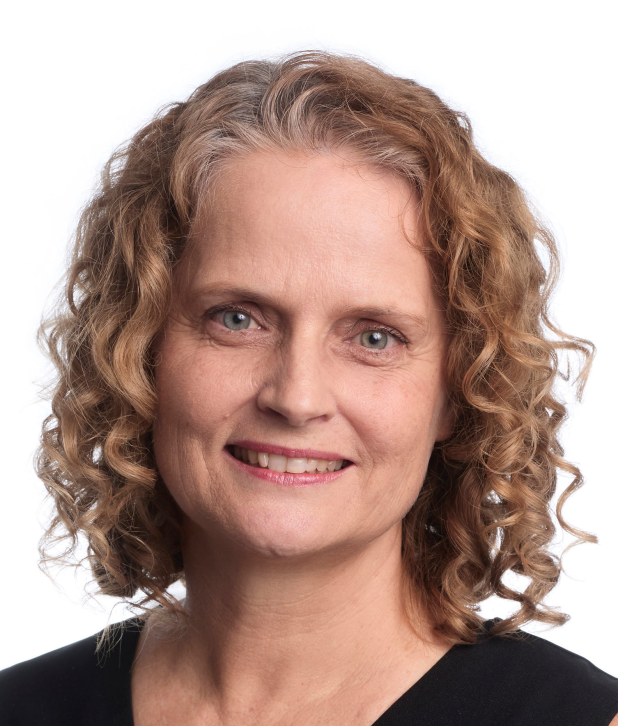
Flinders University Rural and Remote Health NT academic lead Associate Professor Narelle Campbell has received a prestigious award for her efforts towards improving allied health services across the outback.
Associate Professor Campbell has dedicated almost two decades to developing the allied health workforce and addressing health inequity in regional and remote communities through education initiatives.
Last Friday she was awarded the Services for Australian Rural and Remote Allied Health (SARRAH) Squawk Award, becoming only the 11th person to receive it in 20 years.
SARRAH is the peak body representing remote and rural allied health professions in Australia.
A SARRAH spokeswoman said the Squawk Award recognised a member who contributed to the organisation and made an outstanding, long-term contribution to improve Australia’s rural and remote allied health capacity, access and quality.
The award also recognises the exemplary commitment to address the challenges and constraints people face in delivering and accessing vital allied health services.
“In making the award, SARRAH acknowledged Narelle’s leadership, guidance, mentoring and governance skills, her compassion and the great commitment she has shown to equitable rural allied health access, workforce development and education throughout her career,” the spokeswoman said.
Associate Professor Campbell, a trained speech pathologist, said she was excited and honoured to be recognised for her work.
“SARRAH have been incredibly influential in my thinking and understanding about remote health and the importance of giving a voice to professionals and the community in remote and rural Australia,” Associate Professor Campbell said.
“This award also showcases the commitment of Flinders University to making a difference through its work in allied health.
“I feel proud to work for a university with such a significant and long-term commitment to remote and rural health in both the Northern Territory and South Australia.
“The outcomes that we are achieving are significant.”
Associate Professor Campbell has an interest in advancing health outcomes in regional and remote regions and is leading several studies of national significance with the objective of improving health outcomes for people who live in those areas.
“Australia has a significant problem with not enough allied health professionals in remote and rural Australia and that lack of health professionals means people can’t get the health services they need and so their health suffers further,” Associate Professor Campbell said.
“Ultimately this inequity between remote areas and urban areas means that people in remote areas have poorer health and shorter life expectancy.
“Allied health professionals can make a big difference to quality of life for people.”
Associate Professor Campbell was on the SARRAH board for five years, with several years as treasurer and conference convenor.

